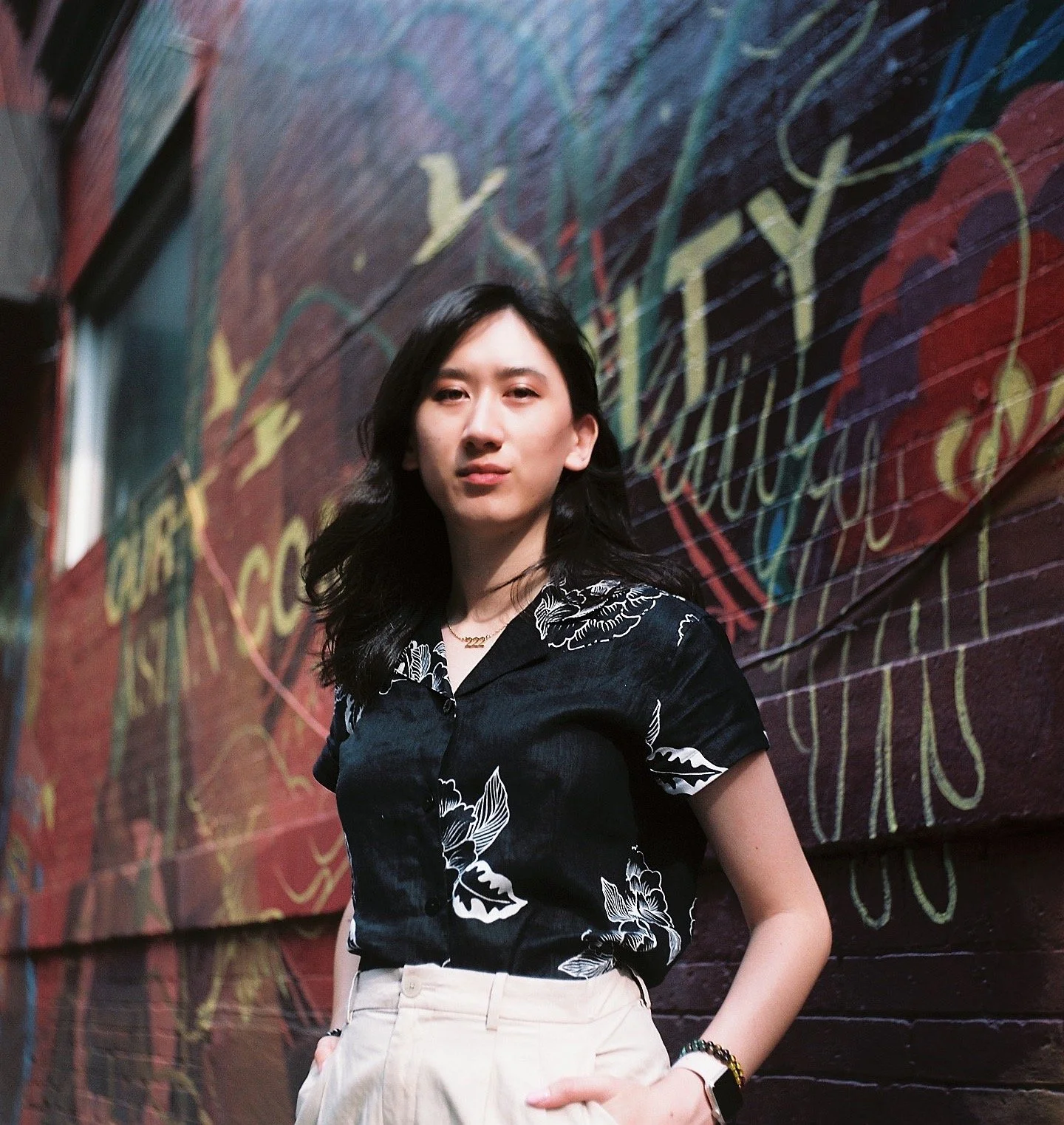Q&A with Filmmaker Holly M. Kaplan
Holly M. Kaplan
Holly Mai-Kin Kaplan is a second-generation Chinese-American filmmaker whose work focuses on diversity, the Asian diaspora, and femme perspectives. Her films have screened at over 50 festivals and she was featured on the Shiny Awards Creator List. In 2022, Holly was selected for NALIP and Netflix’s “Narrative Short Incubator for Women of Color,” where she wrote, directed, and produced SUNFLOWER GIRL. She is developing the feature-length script with Stowe Story Labs and is a 2025 BendFilm Basecamp Fellow. Holly has assisted on Pretty Little Liars: Original Sin (HBO Max) and studied at American University, FAMU Prague, and LaGuardia Arts High School.
This Q&A is part of the Bushwick Film Fest Filmmaker Q&A series
Sunflower Girl (2025)
What inspired you to create this film, and how did the initial idea come to you?
I moved back to New York during the pandemic after living in LA for a while. Moving back during such a pivotal time allowed me to see the city through a different lens. Walking around my neighborhood where I grew up was what inspired the initial idea. I visited spots we would hang out after school, many of which are long gone now. The effects of gentrification and the passage of time from adolescence to adulthood inspired the world and characters of Sunflower Girl which became based on my life, family, and peers. I jotted down ideas for the larger narrative and later boiled it down to this short film as a proof-of-concept for a feature. I wanted to challenge myself to write a film that was deeply personal and culturally connected.
What was your favorite part of making your film? Memories from the process?
Being on set. I love being on set. Working with our incredibly talented cast and crew for our 4 shoot days was hard work, but wonderful and fond memories. We had a really fun time making the film and I’m grateful for the contributions of our entire team. One of those memories was our cost-effective solution for a dolly rental, a wheelchair. I remember our DP Michael being steered upside down by our key grip Mario on a wheelchair down the street while filming our lead Malea skateboarding.
Tell us an anecdote about casting or working with your actors.
We had an amazing cast with such special chemistry. Our actors were cast from all avenues from IMDb to street casting. It was important for us to cast local actors and ideally street cast kids from New York. I remember my producer Seika and I visited skate parks in the city looking to cast our two boys and we met some great kids who auditioned for us. I also built relationships with a few of the indoor skateparks in Brooklyn. One of which was Substance Skatepark in Bushwick. When I told the owner, Andrew, we were looking for kids to cast in our film he said “I have the perfect kid.” And suggested Daniel Girdo to us who we ended up casting as Cooper. This was his first time acting and being on a film set; I’m happy that the film was such a positive experience for him and to now see him attending a NYC high school for filmmaking. It’s rewarding as a filmmaker to feel the work we are doing is inspiring and empowering the next generation.
What inspired you to pursue a career in filmmaking?
Like a lot of other millennial filmmakers, I used to make home videos. They were short films on camcorders and webcams with friends and family on YouTube and DIY productions with Beanie Babies as actors (including a recreation of The Mummy) but I never thought of those projects as “filmmaking.” As a teen, I was a fine arts major at LaGuardia High School. Back then, there were no filmmaking classes. I was originally interested in becoming a storyboard artist. Growing up, I was very inspired watching Studio Ghibli films. I also used to write a lot as a kid; writing stories was a way for me to emotionally process life experiences. I think when I took my first photography class in high school the gears began to turn for me and fully connected my writing to visual storytelling when I made my first short film freshman year of college.
Can you talk about the festival experience? How does it feel to have your film selected?
The festival experience is full of peaks and valleys. From the outside it looks like you’re always winning, but most of the time you’re getting an avalanche of “nos” more than a “yes.” To be selected is always an exciting experience. We’ve been lucky to have around 50 acceptances over the past 2 years of our run, but that also means we’ve had around 200+ rejections. I’m immensely grateful to PANO Network for their microgrant that allowed us the possibility to submit to as many festivals as we did and it’s been full of surprises. Each festival has been invigorating and exciting. Meeting filmmakers from around the world and making new friends has been a cherished experience. I’m grateful to have our last Brooklyn festival screening here at Bushwick - it's a homecoming for us.
What’s the last film you watched?
Dear White People
Early bird or night owl?
Night owl unfortunately, but fortunately for work on overnight shoots and moonlighting as a projectionist.
This Q&A is part of the Bushwick Film Fest Filmmaker Q&A series



